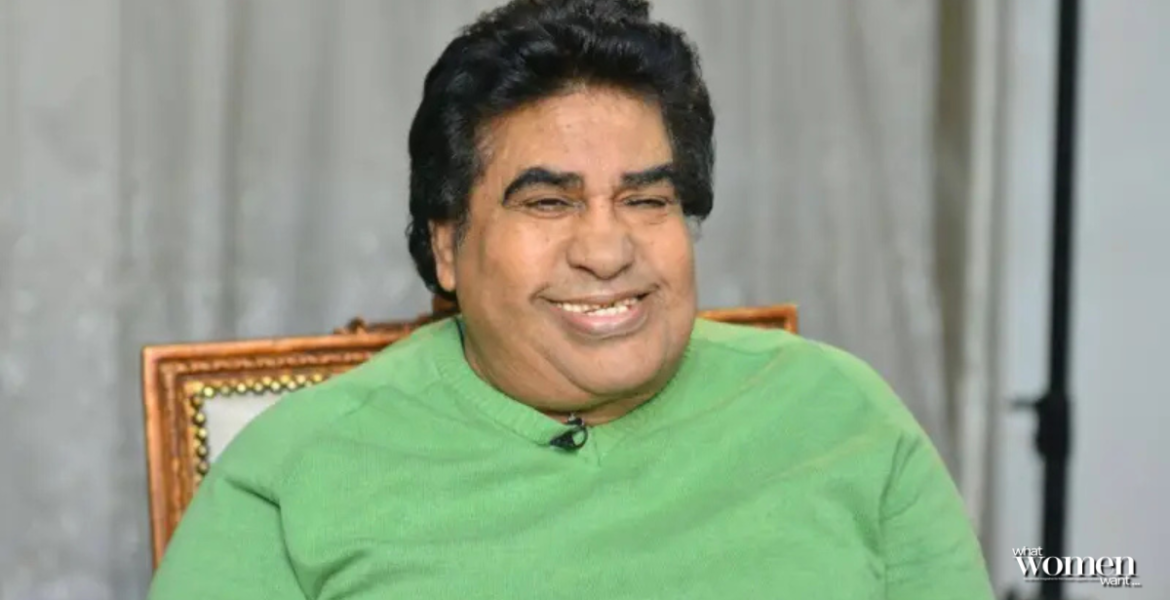On December 29, 2024, Egypt lost a legend. Ahmed Adawiya, the voice that redefined folk music, passed away at 79 after a long illness. His son, Mohamed Adawiya, shared the news on Facebook, prompting an outpouring of nostalgia and tributes. For more than five decades, Adawiya wasn’t just a singer; he was a movement.
Ahmed Adaweyah wasn’t just a singer. He was a cultural movement. His voice echoed in every street corner and taxi radio, uniting Egyptians regardless of their music tastes.
Let’s rewind to where it all began. The late 1960s were a time of love ballads, patriotic anthems, and the polished elegance of Egypt’s golden-era singers. Enter Adawiya, with his galabeya and cryptic lyrics. His songs, blending humor, wit, and local slang, jolted the music scene. Egypt wasn’t ready, and many dismissed him as a disruptor, unfit for radio waves.
But rejection couldn’t silence him. Critics banned him, yet his cassette tapes outsold the biggest names. His music seeped into Egypt’s taxis, juice shops, and wedding halls. It wasn’t just the working class who loved him; Nobel laureate Naguib Mahfouz was a fan. “His voice speaks to my heart,” Mahfouz once said.
The King of Shaabi
Adawiya wasn’t following trends—he was making them. His collaborations with songwriters like Hani Shenouda and Hassan Abu Othman proved folk music could evolve while staying authentic. Songs like “Zahma Ya Dunia Zahma” captured the chaos of 1970s Cairo and resonated across generations. It wasn’t just music; it was a cultural pulse.
The critics who doubted him? They ended up recognizing him as a pivotal force. Adawiya’s success wasn’t luck. It was a refusal to conform, a determination to make music that reflected real Egyptian life.
From the Streets to the Screen
Adawiya’s fame didn’t stop at music. He became a cinematic icon, starring in 27 films. His face on a movie poster guaranteed packed theaters. Whether in “Al-Mutasawil” or “Ana Al-Magnoun,” his roles brought his raw charisma to new audiences.
A Legacy Unmatched
Adawiya’s music never faded. His influence remained undeniable. His sound paved the way for modern mahraganat artists while staying rooted in the traditions of Egyptian folk music.
Ahmed Adawiya wasn’t just a singer. He was a storyteller, a disruptor, and a voice for the streets. As Egypt says goodbye, his music will continue to echo in bustling markets, on busy streets, and in the hearts of fans old and new.
Even as modern trends in music emerged, Adaweyah’s influence remained strong. Contemporary artists continue to sample his beats and pay homage to his legacy. His ability to bridge traditional sounds with modern influences set a blueprint for future generations, ensuring Shaabi music’s relevance in a rapidly changing world.
Today, Adaweyah’s songs are timeless. His lyrics remain on everyone’s lips. His music still pumps at weddings and parties. He showed us that art belongs to the people.

